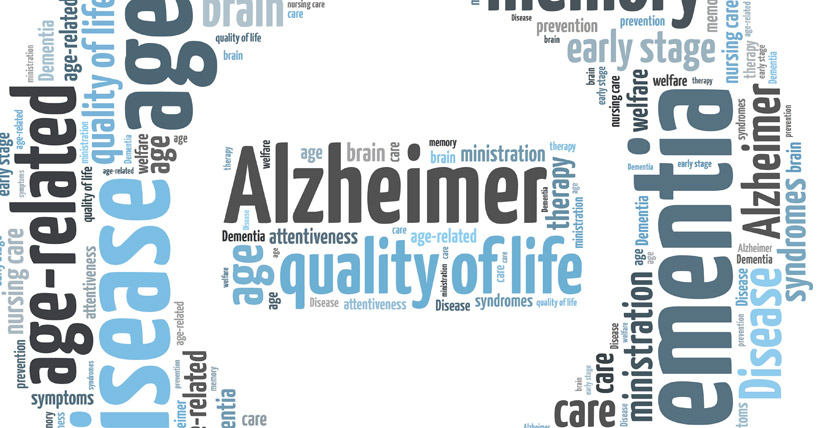Dementia Sleep Index
Tracking sleep with an innovative sensor may help diagnose dementia
Published on: 14 June 2023
A new research project has been launched to develop a technology that could help identify people at risk of dementia by analysing their sleep patterns.
The Dementia Sleep Index, involving experts at Newcastle University, is the outcome of a three-year collaboration with technology company Withings, using their Sleep Analyzer tracking mat.
By comparing sleep patterns of people living with dementia to data that equates to 3.7 million nights of sleep in the general population, scientists have created a 'digital biomarker' that unveils a signature characteristic of sleep disorders frequently observed in people with dementia.

Risk of dementia
In this new project, funded by the National Institute for Health and Care Research (NIHR), experts will now extend this approach to see if it is possible to identify individuals at risk of developing dementia.
Professor Dame Louise Robinson, Professor of Primary Care and Ageing and Regius Professor of Ageing, Newcastle University, is part of the research project.
She said: “This innovative project brings together a wide range of expertise to explore whether everyday home-based technology can help us in the detection and monitoring of dementia and whether such tools are acceptable to the public. ”
Disrupted sleep is a common symptom experienced by people living with dementia, however, we still do not know if this is a consequence or a driving factor in the disease progression.
Growing evidence suggests that long-term sleep disturbances could be a risk factor for dementia, and scientists are working to uncover the mechanisms behind this potential link.
The Sleep Analyzer tracking mats used to monitor sleep are low cost and unobtrusive. The mats are placed underneath a person’s mattress and can detect heart rate, respiration rate, sleep phases and when the person gets in and out of bed.
Sleep Analyzer is a medical device that can detect sleep apnea and snoring time. The data is sent back to the research team in real time through a cellular data network, meaning that the device is extremely easy for participants to use.
Project lead Professor David Sharp, Centre Director of the UK DRI Care Research & Technology Centre, and Professor of Neurology at Imperial College London, said: “This is a very exciting opportunity to explore whether new digital monitoring technology can be used to identify early signs of neurodegeneration in the brain. If successful the work will provide a completely new method for dementia screening.”
To do this, the team will study 250 individuals from the Insight 46 study, which is drawn from members of the MRC National Survey of Health and Development (NSHD) 1946 British Birth Cohort.
These individuals were all born in the same week in 1946, and now at 77 years old, have been studied throughout their lives and had detailed investigations of their brain health.
Poor brain health
Researchers will compare the sleep data from these participants with their brain scans and health data to see if they can predict which individuals have evidence of poor brain health.
Professor Jonathan Schott, UK DRI Clinical Advisor and Professor of Neurology at UCL, said: “Studying the Insight 46 cohort offers us a unique opportunity to really understand the way sleep behaviour relates to dementia risk.
“If successful, this technique has huge potential for identifying people within the wider population who might take part in clinical trials or, in due course, treatments to prevent cognitive decline.”
Meanwhile a team from Imperial’s Helix Centre and Newcastle’s Centre of Excellence in Dementia Research will work with members of the public, and health and social care professionals, to design a service that could be used to assist dementia diagnosis using this digital biomarker in the NHS.
The team will co-design the service with representative users, and explore issues around acceptability, accessibility and understanding the consequences of the data.

.jpg)

